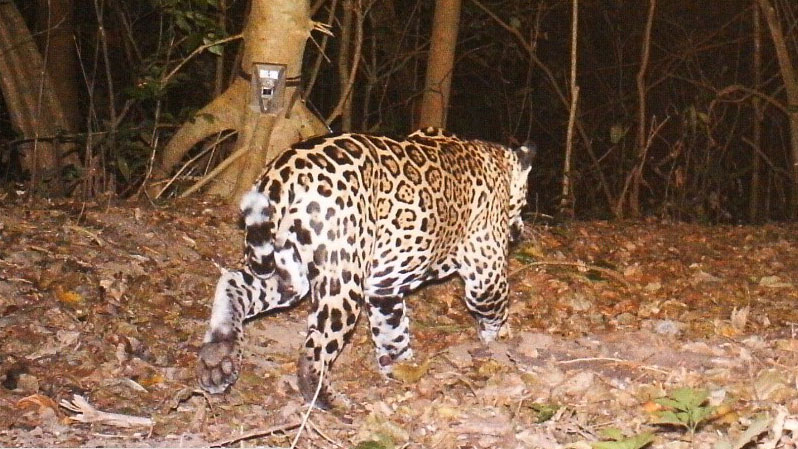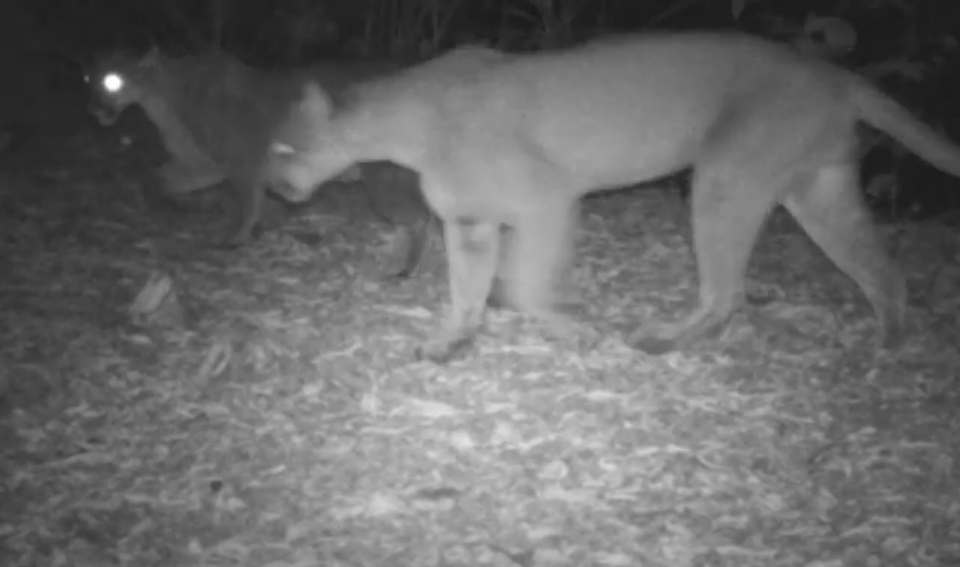Since the beginning of the pandemic, news outlets have reported on investigators’ efforts to pinpoint the “ground zero” of the COVID-19 virus. The question seemingly not under media scrutiny, however, is how we may be able to prevent such outbreaks of disease from occurring in the future. Although many think of vaccines as the best way to prevent disease, the best preventive medicine may in fact be maintaining tropical rainforest biodiversity and practicing forest conservation.
Deforestation and Wildlife Trafficking Spread Viral Diseases to Humans
As of 2021, zoonotic diseases—viruses that are transmissible from animals to humans—accounted for no less than 70% of emerging viral diseases. Such pathogens, some of which can spread to the point of pandemic, are chiefly spread by the following factors:
- Destruction of tropical forests and lost habitats, which can drive wildlife into human-populated areas, increasing animal-human encounters
- Lack of biodiversity caused by deforestation. This leads to the extinction of many species, and those that survive are more likely to be carriers of zoonotic diseases
- Expansion of agricultural lands, particularly near human settlements, and livestock operations in these areas
- Wildlife hunting and trade, which intensifies the frequency of animal-human contact, especially in unhygienic meat and animal markets
- Rapid or poorly planned urbanization, which also results in lost wildlife habitats and drives animals into human-populated areas
- Climate change, which causes wildlife to migrate in search of more hospitable habitats, bringing pathogens to new regions
Strategies for Protecting Tropical Forests and Preventing Disease Outbreaks
There are multiple strategies that can be taken to help prevent widespread viral infections. In low-income countries, one solution is to improve human health education and care systems in tandem with conservation education and efforts.
Another strategy is to monitor and reduce legal wildlife trade and eradicate illegal animal markets. Education can play a significant role as well: the more buyers are aware of how zoonotic diseases are spread, the weaker such markets may become.
Perhaps the most important step is to support policies that reduce deforestation and wildlife habitat loss. This is important both for existing intact forests and those that have become fragmented. Doing so can not only help prevent future pandemics, but slow climate change as well.
Help Prevent Future Pandemics by Supporting Conservation Organizations
At Paso Pacífico, our mission is to create wildlife corridors that safeguard biodiversity while connecting people to their land and ocean. Our goal is to restore and conserve Mesoamerica’s Pacific Slope ecosystems. The threatened mangrove wetlands, dry tropical forests, and eastern Pacific coral reefs are among these ecosystems.
All conservation programs at Paso Pacífico benefit directly from your donations. These include education programs that teach children the principles of biology, ecology, and environmental citizenship. Contact us today!














 1. Share
1. Share 3. Invite.
3. Invite. 4. Thank!
4. Thank!